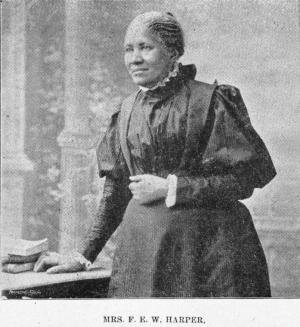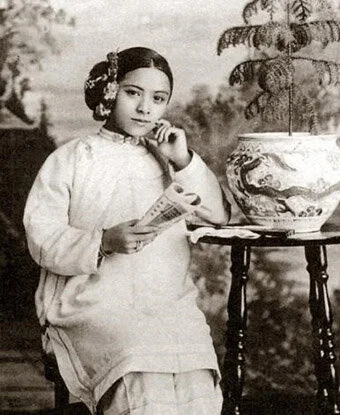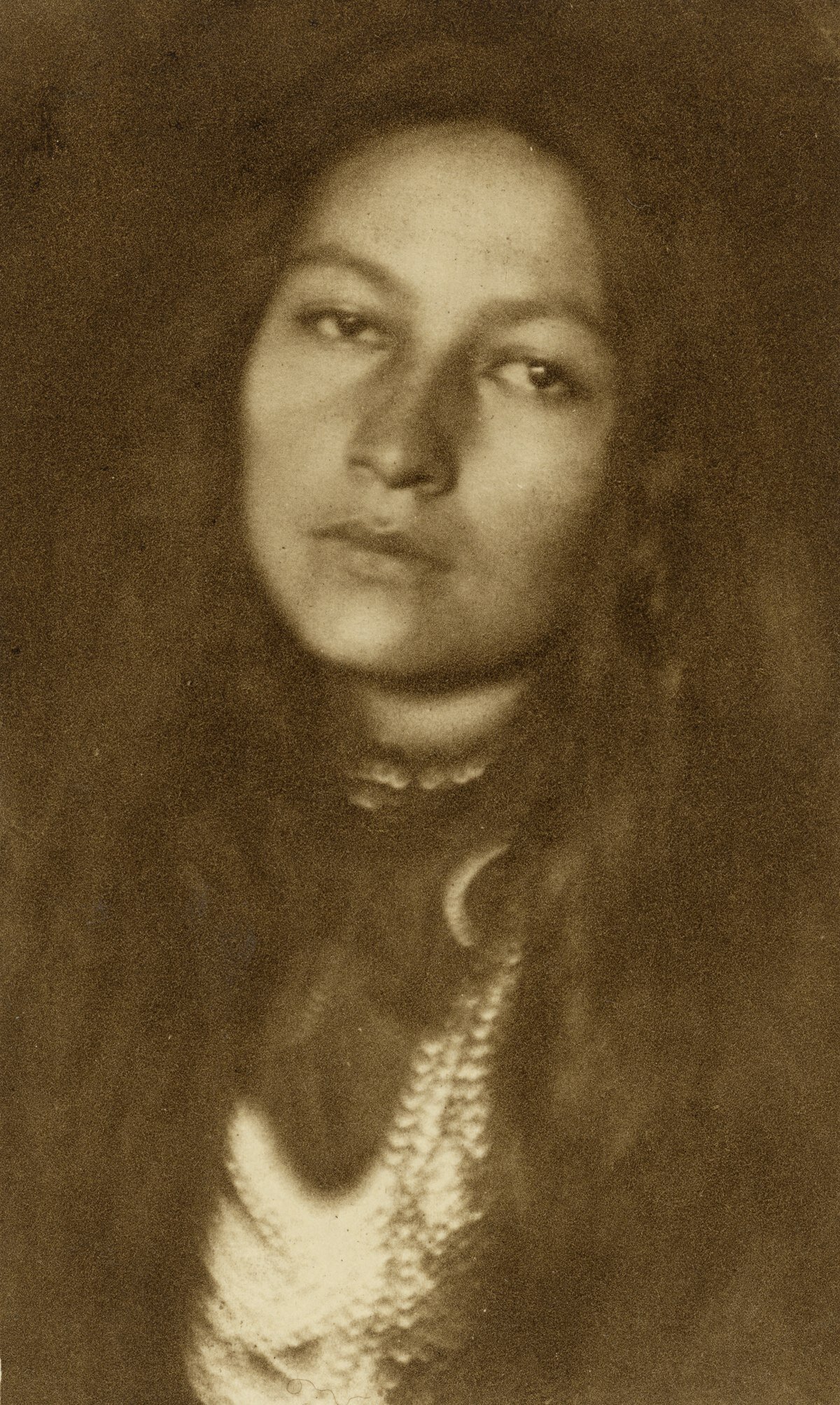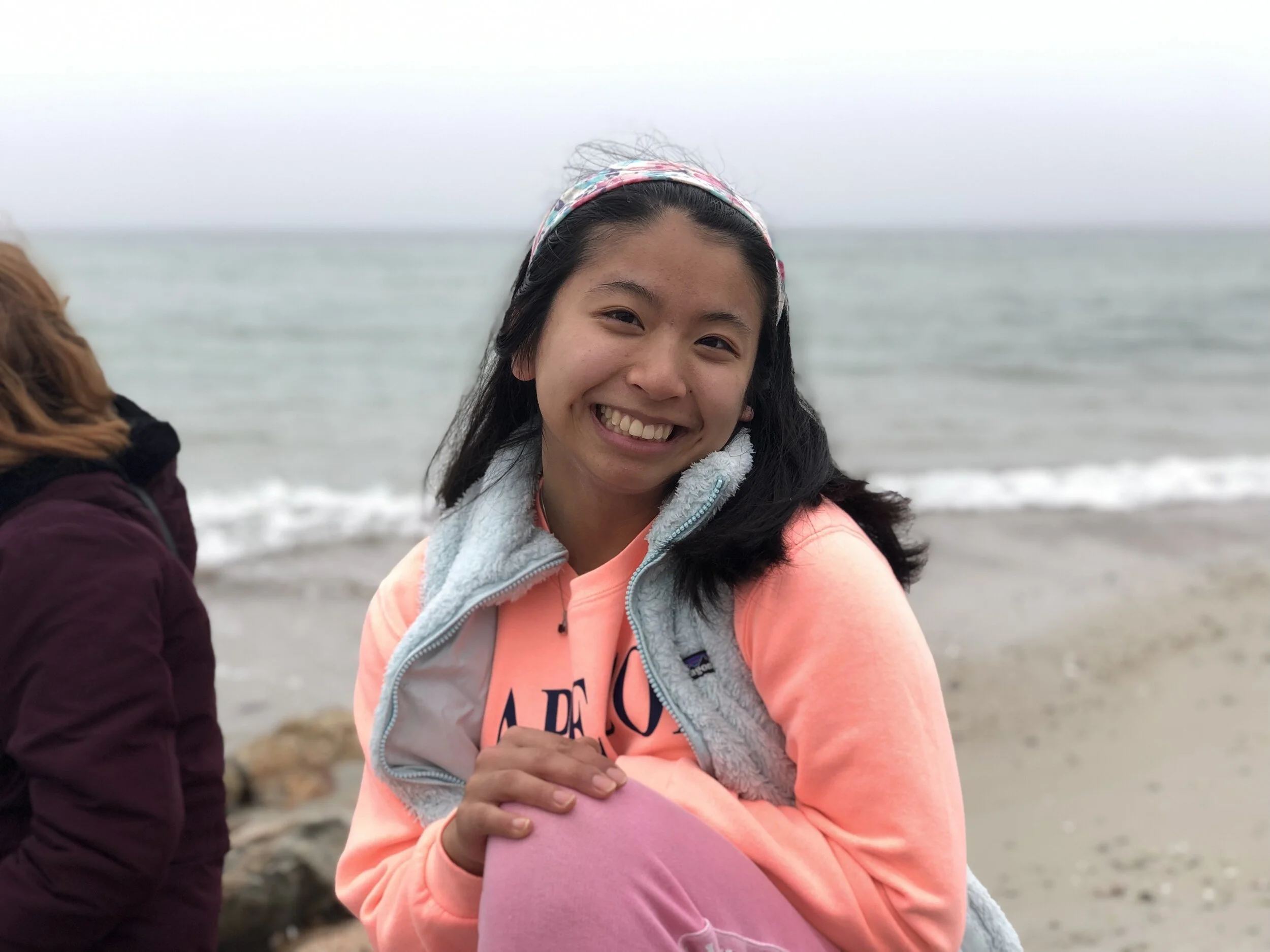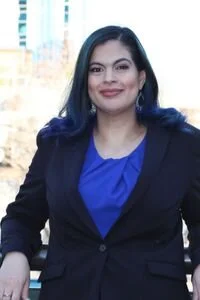“ “The ultimate tragedy is not the oppression and cruelty by the bad people but the silence over that by the good people.”
- Dr. Martin Luther King, Jr. ”
BY: JACQUELINE QIU, WINTER 2021 COLLABORATOR AT POWER AND PLACE
Speaking out against the injustices of the world is an example of high moral integrity in a human being. For these women who advocated for the suffragette cause, in the 19th & 20th centuries, their status, credibility, and words would be questioned in their contemporary society. However, the potential of being ostracized by societal institutions did not stop them from speaking our from structural inequities. These women did not let their voices be silenced in the welfare of female generations in the past, present, and future.
““As much as white women need the ballot, colored women need it more.”
(Closing remarks at the 1873 Convention of the American Woman Suffrage Association in New York) ”
Frances Ellen Watkins Harper
- Frances Ellen Watkins Harper (1825-1911), an African American writer, poet, and suffragette who popularized gender and racial equality through her poetry, short stories, and widely circulated writings.
““Peaceful revolutions are slow but sure. It takes time to leaven a great unwieldy mass like this nation with the leavening ideas of justice and liberty, but evolution is all the more certain in its results because it is so slow.” ”
Susette La Flesche Tibbles (“Bright Eyes”) circa 1880s. Courtesy of the Nebraska State Historical Society.
- Susette La Flesche Tibbles (“Bright Eyes”) (1854-1903), a Native American activist and suffragette who represented Native American rights against U.S. Federal Policy and viewed women’s suffrage as a conjoint end.
““When the ballot is put into the hands of the American woman, the world is going to get a correct estimate of the Negro woman. It will find her a tower of strength of which poets have never sung, orators have never spoken, and scholars have never written.””
Nannie Helen Burroughs.
- Nannie Helen Burroughs (1879-1961), an African American suffragette who established the Women’s Convention, as a church branch of the National Baptists Convention, that was the largest body of African American women in the U.S. and opened the National Training School of Women and Girls for poor, working class African American women.
““Educate a woman and you educate a family.””
Jovita Idár (middle) in the print shop of El Progreso, 1914.
- Jovita Idár (1885-1946), a Latina journalist, suffragist, and activist who advocated for the plight of Mexican Americans in Texas as well as the socio-political equality of Mexican American women in obtaining the right to vote.
““We are justified in believing that the success of this movement for equality of the sexes means more progress toward equality of the races.””
Josephine St. Pierre Ruffin
- Josephine St. Pierre Ruffin (1842-1924) a prominent African American journalist and suffragette who formed the Massachusetts Suffrage Association in 1875 and urged black women to participate in politics through her writings in her own newsletter, The Women’s Era.
“If white American women, with all their natural and acquired advantages, need the ballot, that right protective of all other rights; if Anglo Saxons have been helped by it … how much more do Black Americans, male and female, need the strong defense of a vote to help secure them their right to life, liberty and the pursuit of happiness?” ”
Adella Hunt Logan, 1902.
- Adella Hunt Logan (1863-1915), a professor at Tuskegee Institute, which was headed by Booker T. Washington, and major contributor to the philosophy of the black women’s suffrage movement by combining white suffrage rationale with the necessity of obtaining the right to vote for black women.
References:
Wicker, Jewel. “16 Best Quotes About Women of Color Deserving the Right to Vote.” Teen Vogue. 2020. https://www.teenvogue.com/story/best-quotes-women-right-to-vote
Gomez, Skylar. “12 African American Suffragists who shouldn’t be overlooked.” Literary Ladies Guide. 2019. https://www.literaryladiesguide.com/other-rad-voices/12-african-american-suffragists/
Jacqueline Qiu is a junior at Middlebury College, double majoring in French and Political Science. She is passionate about humanitarianism, women in politics, mental health awareness and advocacy, and French language and literature. On campus, she is the Co-President of the French club and Active Minds Middlebury.

